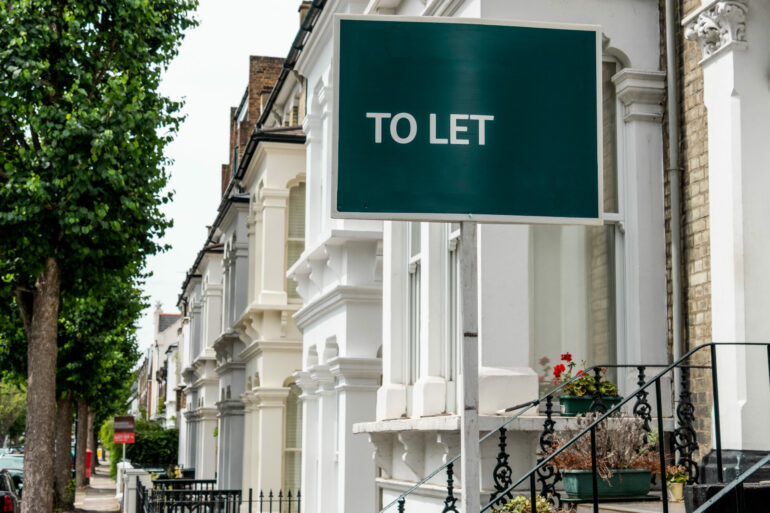A recent report from the Office for National Statistics (ONS) has exposed a concerning trend of skyrocketing rents across the UK, with a staggering 51% of properties surveyed witnessing a rent increase in the year to February.
The situation is particularly alarming in London, where 67% of properties experienced a hike, followed by the South East (62%) and the South West (53%).
The ONS study discovered that among properties with rising rents, the average increase was 10%, a significant jump from 7% a year earlier.
London saw the sharpest increase at 12%, with the North West not far behind at 11%. This rent surge has left many renters struggling to keep up and threatens rental resilience throughout the country.
Moreover, the report revealed that a fifth (18%) of properties surveyed had experienced a rent increase of 10% or more. In London, this figure rose to a shocking one-third (33%).
With such dramatic rent hikes, the affordability and stability of the UK rental market are increasingly being called into question, putting pressure on policymakers to address the situation and find solutions to protect renters.
Sarah Coles, head of personal finance, Hargreaves Lansdown, said: “Runaway rents are crushing the finances of those trapped in increasingly expensive homes. More than half of tenants have seen their rents hiked in the past year, and on average they’re up 10%. It’s no wonder that they face such huge challenges to make ends meet – let alone get onto the property ladder.
“The figures in London are particularly painful, with more than two thirds of rents hiked an average of 12%. Given that private renting is far more common in London – at 29% compared to an average of 19% – the impact is felt even more widely.
“Runaway rents hit hard, because while yesterday’s Family Resources Survey showed that the average rent is the same as the average mortgage – at £150 a week – it makes up a much higher proportion of the income of renters, because they tend to be on lower wages.
“When this is added to a hoard of price hikes bearing down on renters – from energy to food and even tax – it’s easy to see why the HL Savings & Resilience Barometer shows that renters are worse off across the board than their home-owning counterparts. Some 58% have poor or very poor financial resilience – compared to 18% of those with a mortgage and 11% of those who own outright
“And it’s not just your day-to-day finances taking a hit, because renters are spending so much keeping the wolf from the door that they’re struggling to put anything aside to help them onto the property ladder. It’s why the Family Resources Survey showed people are renting for longer. Within every age category, the proportion in the private rental sector is up over a decade – with the proportion of those aged 35-44 who are renting rising from 19% to 26%.”
For anyone in this position, it’s worth considering whether any cash you can put aside for the future could be working harder for you. A Lifetime ISA will boost anything you pay in by 25% – so even if you can only spare £40 a month, the government will bulk it up to £50. This comes with restrictions – and can only be opened by people aged 18-39. There are also penalties if you use it for anything other than buying a first home or retirement. However, the extra cash could make a real difference at a time where every penny counts.”




